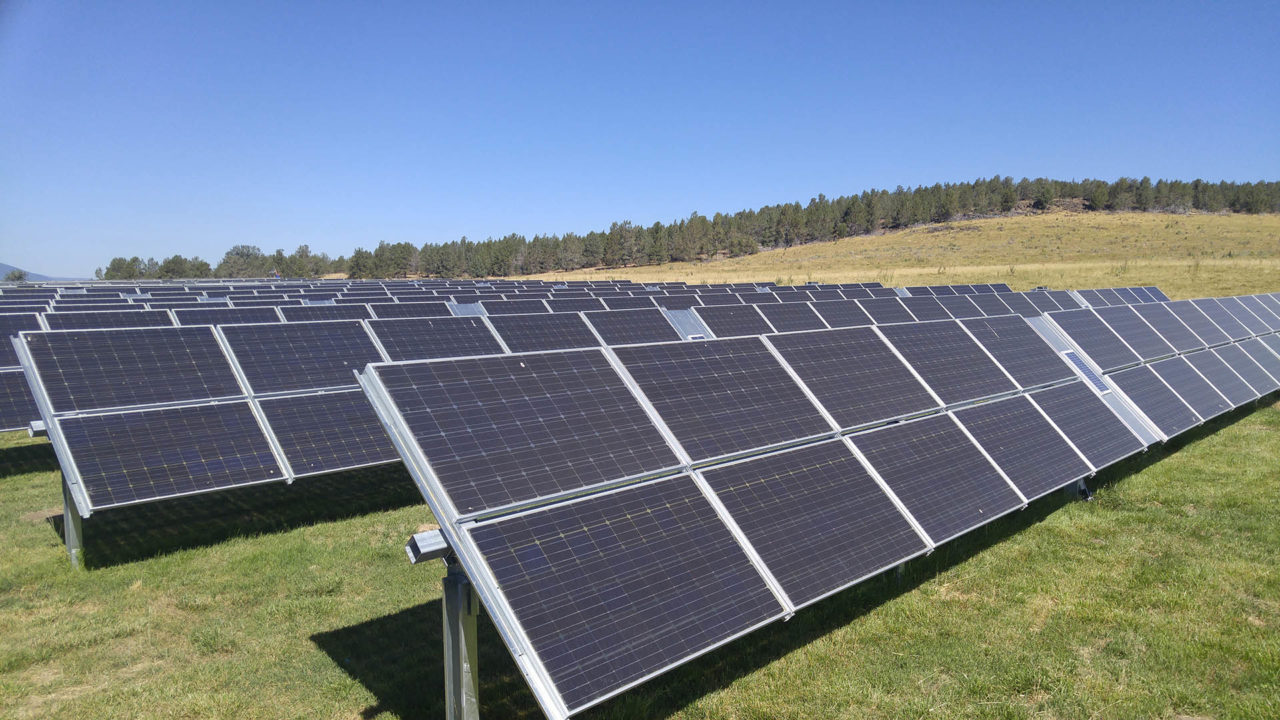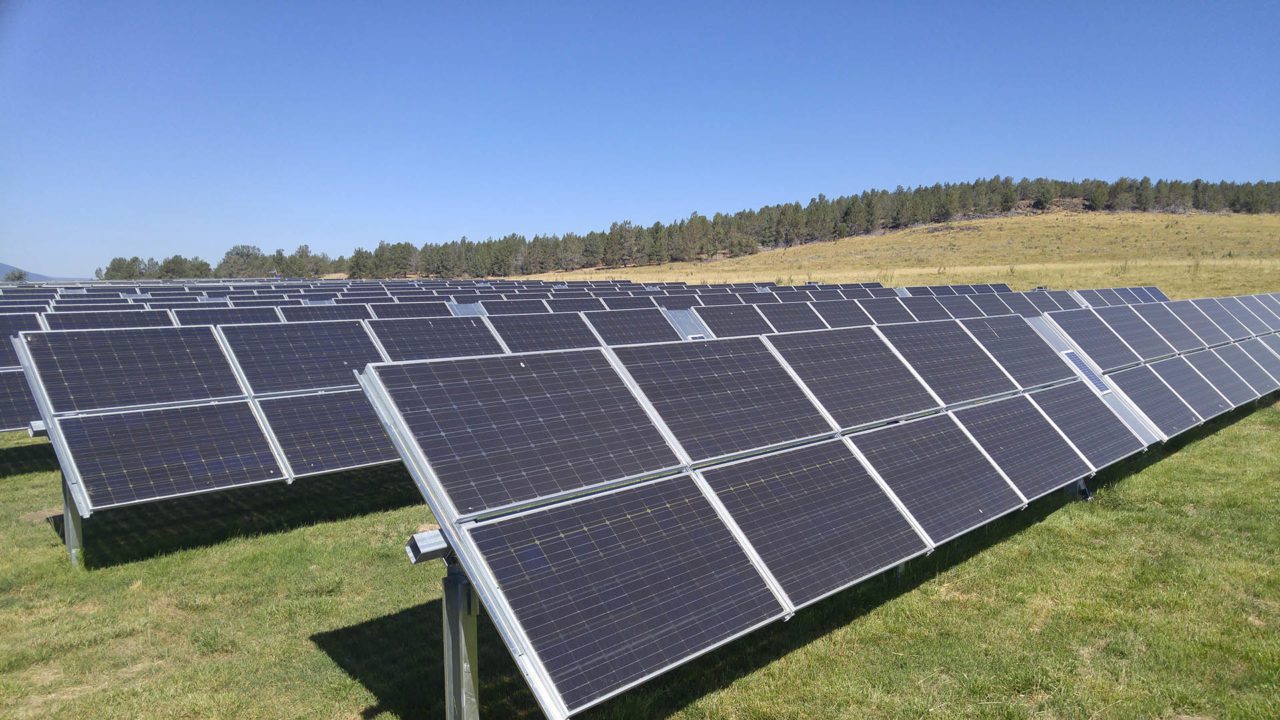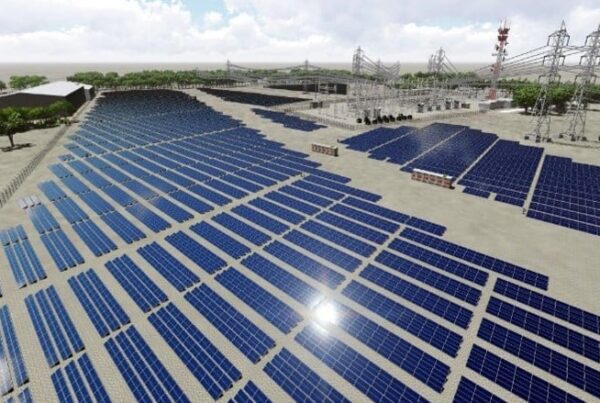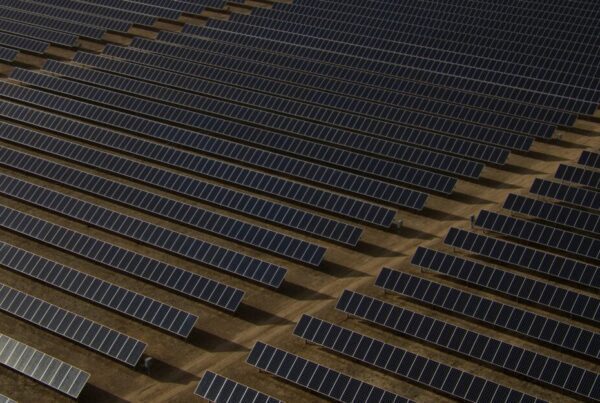
Operations are expected to start during the third quarter of 2024, with the company seeking to create 800 jobs. The solar cell will use n-type tunnel oxide passivated contact (TOPCon) technology, as the company targets to have all its products be TOPCon as of Q1 2024.
Moreover, a US$2 million grant from the Coordinating Council for Economic Development was awarded to York County in order to assist with the costs of building improvements.
Paolo Maccario, CEO at Silfab Solar, said: “Silfab Solar’s investment in South Carolina strengthens our North America manufacturing capabilities, creates good-paying jobs and provides the ideal East Coast location to serve our growing customers.”
This is not the first solar cell plant for Silfab Solar in the US that it is currently building, as earlier this year it announced a new plant that will have an annual capacity of 1GW of n-type solar cells and 1.2GW of TOPCon modules. Commercial operation of the third US manufacturing plant is expected in H2 2024.
In total Silfab operates two manufacturing plants in the US, one in Bellingham and another one in Burlington. Both are located in the western state of Washington and near the border with Canada. It also has an 800MW module assembly plant in Toronto, Canada, since 2010.
Last week, during RE+ in Las Vegas the module manufacturer unveiled new TOPCon modules one for the commercial segment (Silfab Commercial NTC) – with an increased output and higher efficiency that will be available in H1 2024 – and another one for residential (Silfab Prime NTC).
Ahead of the Las Vegas event, Silfab Solar had also signed an agreement with Norwegian wafer manufacturer NorSun for the supply of solar wafers, as NorSun has planned to build a 5GW ingot and wafer production plant in the US. However, only a few days after that agreement, NorSun decided to temporarily stop production and lay off employees at its Årdal plant due to an influx of “exceptionally low price” Chinese solar modules. The company did not specify if this would affect its US expansion.






